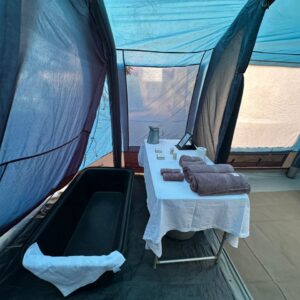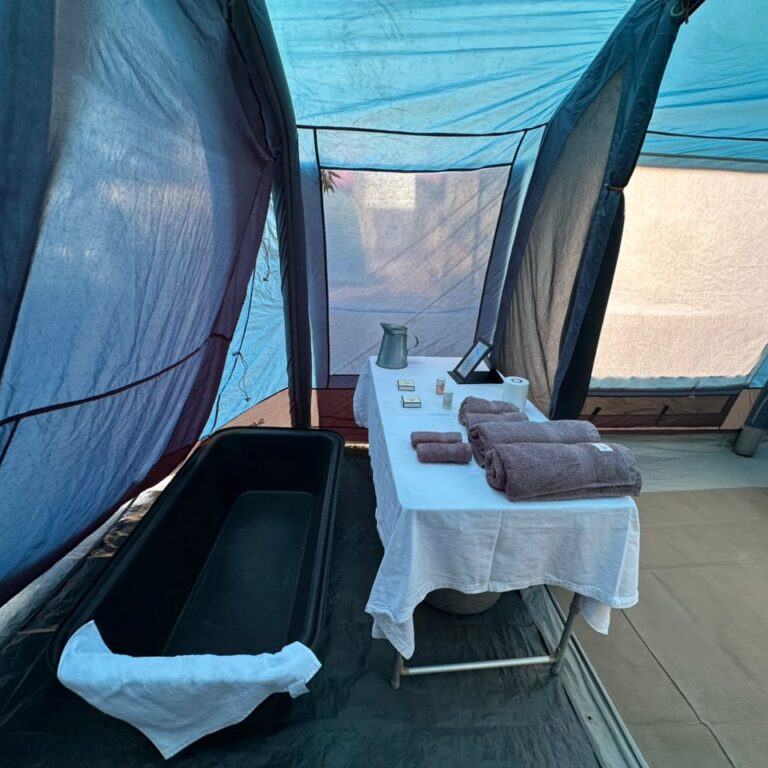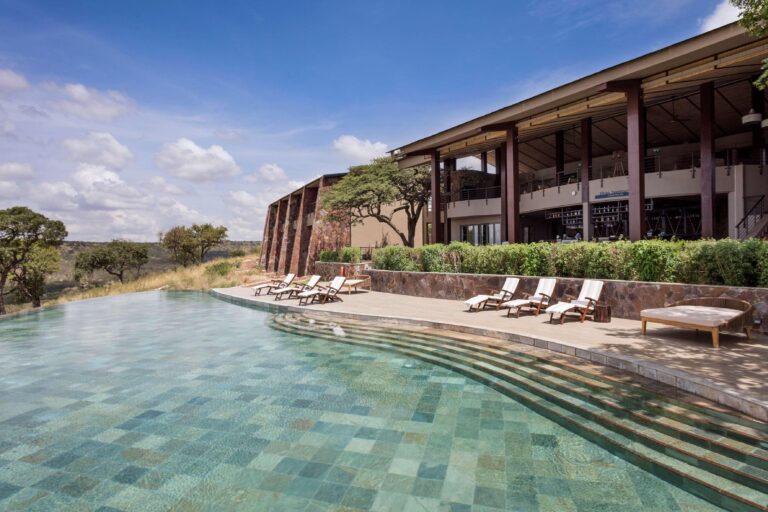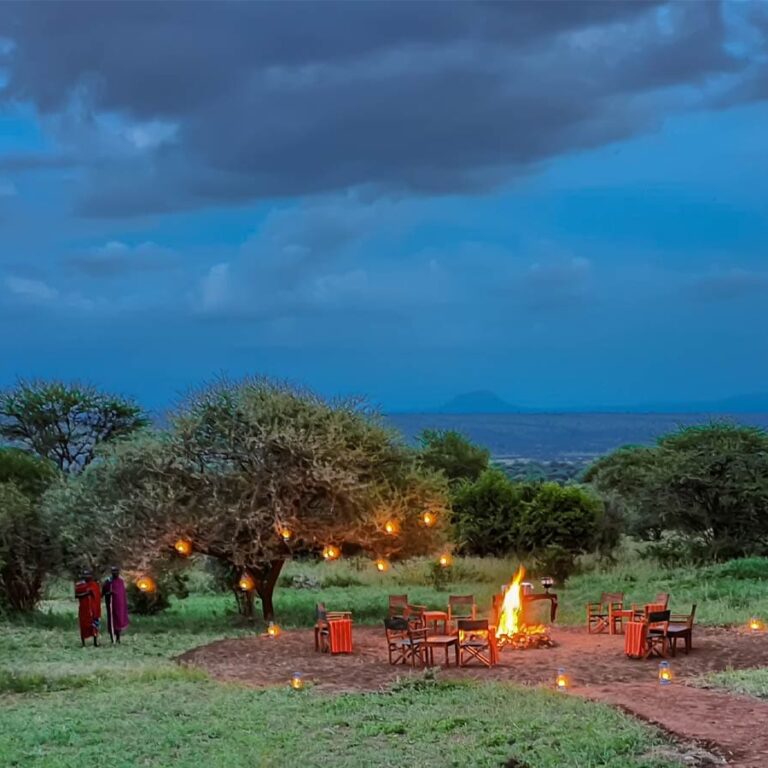Mount Kilimanjaro, Africa’s highest peak, stands tall at 5,895 meters (19,341 feet). Climbing Kilimanjaro is a bucket-list adventure for many, but how difficult is it? In this comprehensive guide, we will break down the challenges associated with climbing Mount Kilimanjaro, covering everything from technical difficulty to mental fitness. Whether you’re an experienced hiker or a novice adventurer, understanding these aspects will help you prepare for this incredible journey. Climbing Kilimanjaro most days is not very hard because the trails are not steep; it’s mostly dealing with the altitude, however, the summit night is extremely difficult as this is the coldest, windiest section of your adventure. An ascent of 4,084ft with 49% less oxygen and a descent of nearly 6,870ft.
Climbing Kilimanjaro Technical Difficulty
Despite its impressive height, Mount Kilimanjaro is considered a non-technical climb. This means you don’t need specialized mountaineering equipment like ropes or harnesses. However, that doesn’t mean it’s an easy trek. The routes are long and can be steep, with the terrain ranging from dense rainforest to barren, rocky slopes. Trekkers need to be prepared for a variety of conditions and possess good hiking skills to navigate the challenging sections. Many choose to start off climbing Mount Kilimanjaro because it is considered one of the easiest to summit. Mount Kilimanjaro is a fair difficult mountain to climb – recent research suggests that over 50% of those who attempt it suffer from mountain Altitude sickness, and just over 65% of them are unable to reach the summit.
Dealing with Altitude Difficulty on Kilimanjaro
One of the most significant challenges of climbing Kilimanjaro is altitude sickness. As you ascend, the air becomes thinner, making it harder to breathe. Symptoms of altitude sickness include headaches, nausea, dizziness, and fatigue. To combat this, climbers are advised to take their time and follow the “pole pole” (slowly, slowly) approach. Acclimatization days are crucial for allowing your body to adjust to the altitude. It’s also important to stay hydrated and listen to your body’s signals.
Kilimanjaro Training: Your Fitness
Physical fitness plays a crucial role in your ability to reach the summit. Endurance, strength, and cardiovascular fitness are key components of a successful climb. Training for Kilimanjaro should start several months in advance, incorporating long hikes, cardiovascular exercises, and strength training into your routine. The climb involves long days of trekking, often upwards of 6-8 hours per day, with the summit day extending to 12-16 hours. Pre-trip training should focus on building endurance through long hikes, strength training, and aerobic exercises. Remember, the fitter you are, the more enjoyable your climb will be.
Camping & Sleeping on the Trail Difficulty
During your climb, you’ll be spending several nights camping on the mountain. The quality of your sleep can significantly impact your energy levels and overall experience. Camping on Kilimanjaro means sleeping in tents, often on uneven ground, and enduring cold nights. The difficulty of camping includes dealing with cold nights, uncomfortable sleeping arrangements, and limited privacy. Bringing a high-quality sleeping bag rated for cold temperatures, a comfortable sleeping pad, and practicing good camping hygiene will help you get the rest you need.
Mount Kilimanjaro Temperature & Weather
Kilimanjaro’s weather is unpredictable and can change rapidly. Climbers must be prepared for a range of temperatures, from the hot, humid rainforest at the base to the cold summit. Layering your clothing is essential to regulate your body temperature effectively. Expect to encounter rain, wind, and possibly snow. Monitoring the weather forecasts and packing accordingly can make a significant difference in your comfort and safety.
Climbing Mount Kilimanjaro for Your Health
Good overall health is critical for a successful climb. Pre-existing medical conditions, such as asthma or heart problems, can complicate the ascent. It’s vital to consult with a healthcare provider before attempting the climb. Additionally, staying hydrated, maintaining a balanced diet, and getting adequate rest during the trek are crucial for keeping energy levels up and reducing the risk of illness.
Your general health is paramount when undertaking a climb of this magnitude. Pre-existing medical conditions should be discussed with a healthcare professional before attempting the ascent. Vaccinations, medications, and a basic first aid kit are essential items to bring. Being in good health will reduce the risk of complications and increase your chances of a successful summit.
Your Mt Kilimanjaro Guide
Choosing a reputable and experienced guide is one of the most important decisions you’ll make. Guides provide invaluable support, from navigating the trail to offering medical assistance and motivation. A good guide will also ensure proper acclimatization and manage the logistics of the climb, allowing you to focus on the physical and mental demands. Choosing a reputable guide service with certified guides is essential for a successful and enjoyable climb.
Kilimanjaro hiking Mental Fitness.
Mental toughness is as important as physical fitness when climbing Kilimanjaro. The journey can be long and grueling, and there will be times when you may doubt your ability to continue. Positive mindset, determination, and resilience are key to pushing through the challenging moments. Mental preparation, including visualization and stress management techniques, can help you stay focused and motivated.
Mt Kilimanjaro Gear Packing List
Having the right gear can make or break your Kilimanjaro climb. Essential items include sturdy hiking boots, layered clothing, a quality sleeping bag, and a reliable backpack. Investing in high-quality gear tailored for various weather conditions will enhance your comfort and safety on the mountain. Don’t forget essentials like a headlamp, trekking poles, and a comprehensive first aid kit.
Kilimanjaro Food & Drink
Proper nutrition and hydration are crucial for maintaining your energy levels. The guides typically provide meals, but it’s important to supplement with high-energy snacks and drink plenty of water. Dehydration can exacerbate altitude sickness, so aim to drink at least 3-4 liters of water per day. Carrying electrolyte tablets can also help maintain your body’s balance.
How Hard is it to Climb Mount Kilimanjaro? FAQs
Climbing Mount Kilimanjaro is a once-in-a-lifetime adventure that attracts trekkers from all around the world. However, many aspiring climbers wonder: How hard is it really to reach the rooftop of Africa? Below are some frequently asked questions that provide insight into the challenges and preparations needed for this trek.
Is Mount Kilimanjaro suitable for beginners?
Yes, Mount Kilimanjaro is often considered accessible for beginners, although it does require a reasonable level of fitness. With multiple routes available, many trekkers can find one that suits their experience. It’s important to prepare physically and mentally, even if you’re just starting in the world of hiking and climbing.
What are the physical challenges of the Mount Kilimanjaro climb?
The biggest physical challenge climbers face is altitude sickness. Kilimanjaro rises to 5,895 meters (19,341 feet), and the air at that elevation contains significantly less oxygen. Symptoms can include headaches, nausea, and fatigue. To minimize the risk, it’s crucial to acclimatize properly, usually by taking a slower ascent and allowing your body time to adjust to the altitude.
How long does the climbing Mount Kilimanjaro?
Most expeditions to reach the summit take between five to nine days, depending on the route you choose and your acclimatization strategy. The longer you spend on the mountain, the better your chances are of reaching the summit successfully while minimizing the risks of altitude sickness.
What are the main Mount Kilimanjaro routes available and their difficulty levels?
There are several routes up Kilimanjaro, including the Marangu, Machame, Lemosho, and Rongai routes. The Marangu route is generally considered the easiest, with hut accommodations along the way. In contrast, the Machame route is regarded as more challenging due to its steeper ascent and camping conditions, but it offers breathtaking views and higher success rates for summit attempts.
Do I need special Mount Kilimanjaro climbing equipment?
While you won’t need technical climbing gear, appropriate hiking gear is essential. This includes sturdy hiking boots, warm clothing (layers are key due to changing temperatures), a good sleeping bag, and personal items like sunscreen and a first-aid kit. Many tour operators provide a detailed packing list to help you prepare.
What about Mount Kilimanjaro’s mental challenges?
Climbing Mount Kilimanjaro can be as much a mental challenge as a physical one. The long days of trekking can be exhausting, and the sights can sometimes feel daunting. Mental preparation is vital. Positive thinking, setting manageable goals each day, and finding motivation in the beautiful scenery can help you keep your spirits high.
Is there a risk of getting lost when climbing Mount Kilimanjaro?
Most reputable guiding services are well-acquainted with the trails and terrain, significantly reducing the chances of getting lost. However, it is wise to trek with a registered guide and familiarize yourself with your chosen route beforehand.
What is the success rate for reaching the Mount Kilimanjaro summit?
Success rates vary by route and group size, but on average, around 65–80% of climbers reach the summit. Those taking longer routes with adequate acclimatization tend to have higher success rates.
Climbing Mount Kilimanjaro is an unforgettable experience that presents unique challenges. With proper planning, physical preparation, and a positive mindset, a diverse range of trekkers can successfully reach the summit. Whether you’re an avid hiker or a curious beginner, Kilimanjaro awaits with its sweeping vistas and the thrill of standing atop Africa.
What are the key factors that contribute to the difficulty of climbing Kilimanjaro?
Key factors include high altitude, which can cause altitude sickness; long, strenuous hiking days; variable weather conditions ranging from hot and humid to cold; and the mental challenge of staying motivated and focused over several days of climbing.
Is it possible to summit Kilimanjaro without any prior hiking experience?
Yes, it’s possible, but it will be more difficult for those without prior hiking experience. Prior experience in outdoor activities, especially hiking, will make the physical demands easier to handle. Beginners should train and start with shorter treks to build endurance before attempting Kilimanjaro.








